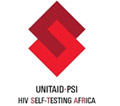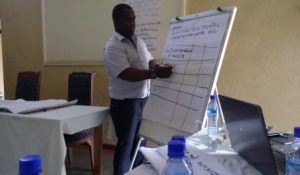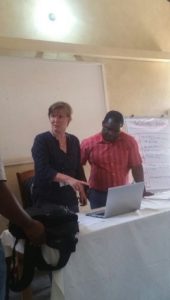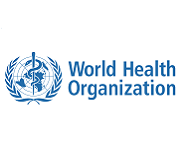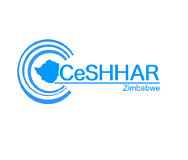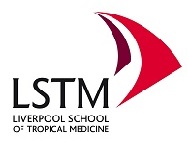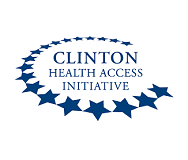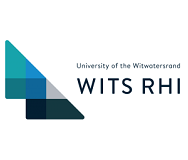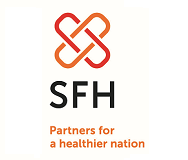Engaging key beneficiaries in intervention development – STAR-Malawi’s participatory workshop with female sex workers
By Moses Kumwenda (Malawi-Liverpool Wellcome Trust)
Figure 1: A draft peer-delivered HIVST model for FSWs
As a key population, female sex workers (FSWs) require frequent repeat HIV testing. The nature of their work places them at increased risk of acquiring HIV and the stigma attached to this profession acts as a barrier to accessing healthcare services . Repeat HIV testing for FSWs through facility-based HIV testing and counselling (HTC) often fails to meet the specific testing needs of this underserved group, partly because of stigma and the lack of FSW-friendly HIV testing services within current government health services.
HIV self-testing as an innovative and revolutionary technology provides a unique opportunity to more effectively meet the testing needs of FSWs by acting as a screening tool for possible HIV infection. The Malawi-Liverpool Wellcome Trust’s STAR team conducted a participatory workshop with FSWs and relevant stakeholders to refine a draft peer-delivered HIVST intervention that takes into account the needs of this specific target population.
Figure 2: Kruger discussing on problem ranking
During the planning stage, a workshop manual was developed to guide each of the sessions, which included topics on delivery of HIVST kits, reporting of social harms and linkage to care. Fifteen FSWs and representatives from Pakachere (a sexual and reproductive health organisation that also focuses on key populations) and the Blantyre City Assembly (local government) attended the workshop. Mr Moses Kumwenda, Mr Kruger Kaswaswa, Mrs Basimenye Nhlema and Mr Mwiza Sambo facilitated the workshop while Mr Wakumanya Sibande and Miss Lusungu Kayira provided logistical support including note taking. In addition to the planned activities, Professor Liz Corbett and Cheryl Johnson led a session on social harms, where a series of case studies were ranked in order to generate a social harms grading system.
Figure 3: FSWs in a group work activity
Workshop participants worked together in groups (see figure 3) to provide feedback on each aspect of the model.
Figure 4: A refined peer-delivered HIVST model
For example, participants preferred the use of participatory approaches to identify a peer-distributor who had a good reputation among peers. They also suggested that, given the often awkward dynamics between FSWs and bartenders, test kits should not be stored in hotspot bars but either at the peer-distributors’ home, local pharmacies, nearby clinics/health facilities or Pakachere drop-in centres. In terms of demand creation and distribution of the test kits, participants indicated that both peer-marketing and distribution of the kits should happen at the venues where sex work occurs, a departure from what we had originally been envisioned in the draft model. In order to incentivise uptake, added interventions such as condoms and lubricants were said to be very important. This participatory workshop underlines the importance of involving key stakeholders in the development of HIVST models in order to tailor interventions to the specific needs of users.
Figure 5: Professor Corbett leading a talk on social harms ranking

